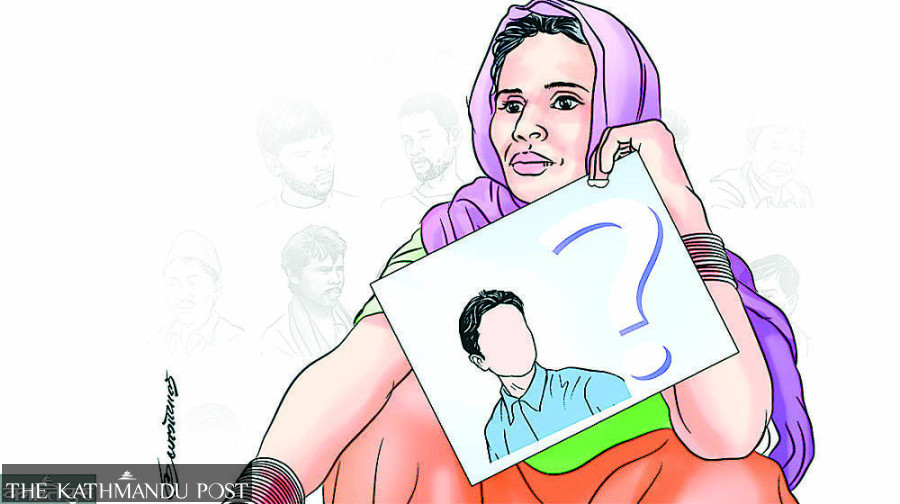Editorial
Much ado about nothing
Without a commitment to end the process right, term-extension of the TJ bodies is meaningless.
For the fourth time, the terms of the twin transitional justice bodies have been extended. The Truth and Reconciliation Commission and the Commission of Investigation on Enforced Disappeared Persons Nepal have been without office-bearers for over a year and a half. On Wednesday, the government extended their terms until mid-June. The extension comes as the government prepares to present a bill to amend the flawed Enforced Disappearances Enquiry, Truth and Reconciliation Commission Act, which is a precondition for the completion of the transitional justice process.
The lawmaking on transitional justice has been riddled with flaws. In its earlier avatar, the bill was considered a manifesto for providing blanket amnesty to the perpetrators as it failed to recognise heinous crimes such as murder as gross violations of human rights. The then government, led by Sher Bahadur Deuba of the Nepali Congress, had to backtrack after it faced massive backlash for its attempts at gaslighting the victims. Even today, as the bill continues to linger in the corridors of the Law, Justice and Human Rights Committee of the House of Representatives, the contentious issues remain unresolved.
Contentious issues such as what constitutes a serious violation of human rights, to what extent sentences for perpetrators can be reduced, what happens if victims refuse to reconcile, and what to do with the victims who were affected even though they were not directly involved in the conflict. There is a clash of interests of the parties involved in the negotiations. The Maoist Centre has made no secret of its wish to turn the transitional justice process into a ritual rather than a genuine attempt at solving insurgency-era cases. Having failed to elicit a positive response to the “forgive and forget” approach propagated once in a while by the Maoist supremo Pushpa Kamal Dahal, it has made every kind of effort to forcibly conclude the process.
The Nepali Congress and the CPN-UML, both of which have been occasional bedfellows of the Maoists in the post-2006 politics of Nepal, have changed their stances as per their changing equations with the former militants. Just last week, the Maoist and the Congress parties were in closed-door negotiations with the UML to ensure the latter’s representation in the federal upper house. In return for these upper house seats, the ruling parties wanted the UML not to obstruct the passage of the transitional justice bill. But the negotiations fell through.
Given the divergent interests of the parties, there is little hope of the transitional justice process reaching a logical conclusion anytime soon. As the process drags on, conflict victims and their families live in the fear of losing precious evidence of their victimhood, and the country continues to lose its democratic credentials in the international arena. Term-extension of the two transitional justice bodies means absolutely nothing.
This farce is not what Nepalis signed up for in 2007 when the Maoists were formally brought into the political mainstream with the signing of the Comprehensive Peace Agreement. The CPA had categorically stated that the peace process could be completed within six months of its signing. Seventeen years later, the victims continue to suffer from the duplicity of the country’s top political leaders.




 18.12°C Kathmandu
18.12°C Kathmandu














